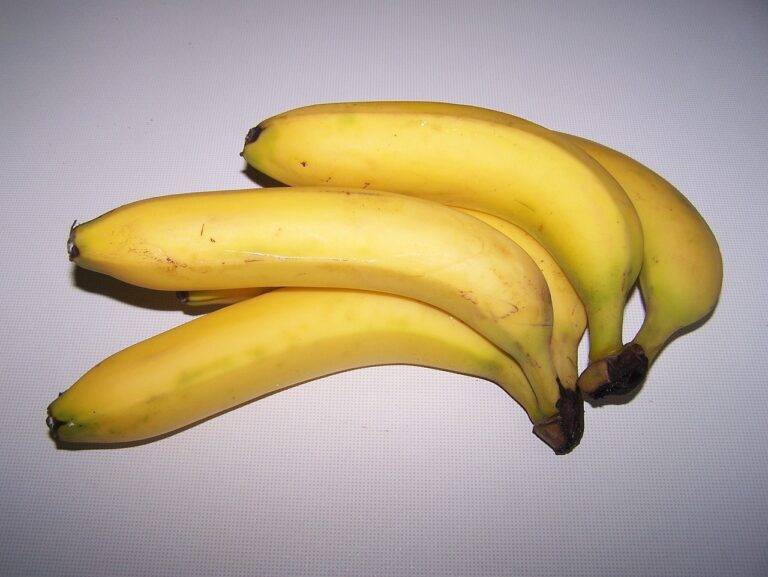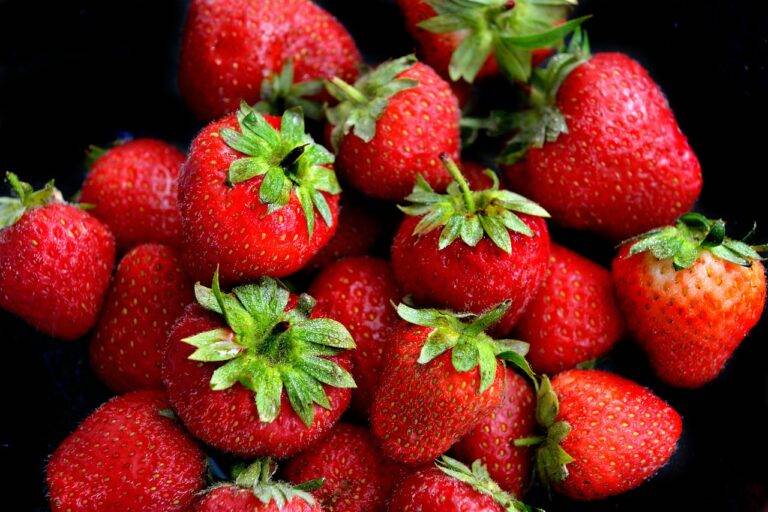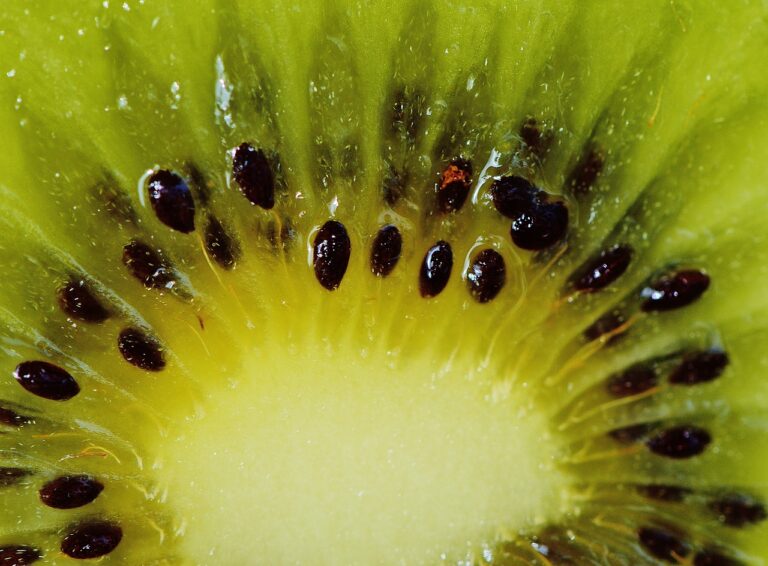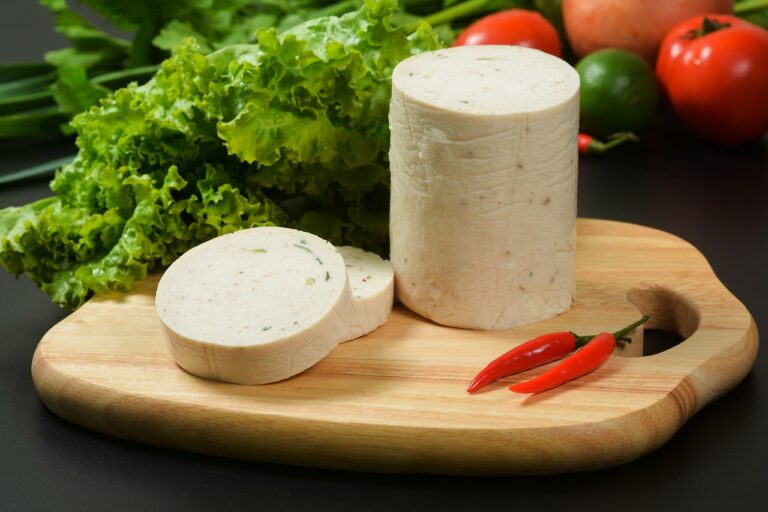Analyzing the Influence of Food Additives on Food Stickiness Prevention
betbhai9 com whatsapp number, playexch in live login, lotus365 vip login: Analyzing the Influence of Food Additives on Food Stickiness Prevention
When it comes to food quality and consumer satisfaction, texture plays a crucial role. One common issue that many food manufacturers face is food stickiness, which can negatively impact the overall eating experience. By understanding the influence of food additives on preventing food stickiness, manufacturers can improve the texture of their products and enhance consumer satisfaction.
Food stickiness is a common problem in various food products, such as baked goods, confectionery, and processed meats. The stickiness of food can be attributed to various factors, including moisture content, sugar content, and the type of ingredients used. Food additives play a significant role in preventing food stickiness by modifying the texture of the product and enhancing its shelf life.
Analyzing the influence of food additives on food stickiness prevention requires a deep understanding of the different types of additives commonly used in the food industry. These additives can be categorized into various groups, such as emulsifiers, stabilizers, thickeners, and anti-caking agents. Each type of additive serves a specific purpose in preventing food stickiness and improving the overall quality of the product.
Emulsifiers, such as lecithin and mono- and diglycerides, are commonly used in baked goods to prevent stickiness by improving the dispersion of fat in the dough. Stabilizers, such as guar gum and xanthan gum, help enhance the texture of food products and prevent the formation of sticky clumps. Thickeners, such as starches and pectin, play a crucial role in controlling the viscosity of food products and reducing stickiness.
Anti-caking agents, such as silicon dioxide and calcium silicate, are commonly used in powdered food products to prevent clumping and sticking. These additives help improve the flowability of powders and ensure a consistent texture. By understanding the role of different additives in preventing food stickiness, manufacturers can optimize their formulations and create high-quality products that meet consumer expectations.
In addition to preventing food stickiness, food additives also play a crucial role in enhancing the shelf life of food products. By controlling moisture content and improving texture, additives help prolong the freshness of food products and reduce the risk of spoilage. This is especially important in processed meats and dairy products, where stickiness can promote microbial growth and lead to food safety issues.
Overall, the influence of food additives on food stickiness prevention is significant in ensuring the quality and safety of food products. By incorporating the right additives into formulations, manufacturers can improve texture, shelf life, and consumer satisfaction. It is essential for food manufacturers to stay informed about the latest research and developments in the field of food additives to continue innovating and meeting the changing demands of consumers.
—
FAQs:
1. What are some common food additives used to prevent stickiness in food products?
Common food additives used to prevent stickiness include emulsifiers, stabilizers, thickeners, and anti-caking agents. Examples of these additives include lecithin, guar gum, starches, and silicon dioxide.
2. How do food additives help improve the texture of food products?
Food additives help improve texture by modifying the physical properties of food products, such as viscosity, moisture content, and flowability. By controlling these factors, additives can enhance the overall eating experience and consumer satisfaction.
3. Are food additives safe to consume?
Food additives that are approved for use in food products by regulatory authorities, such as the FDA, are considered safe for consumption when used in recommended amounts. It is essential for manufacturers to adhere to regulations and guidelines to ensure the safety of their products.
4. Can natural ingredients be used as alternatives to food additives?
Yes, natural ingredients can be used as alternatives to food additives in some cases. Ingredients such as agar-agar, carrageenan, and pectin can be used as natural thickeners and stabilizers in food products to prevent stickiness and improve texture.







